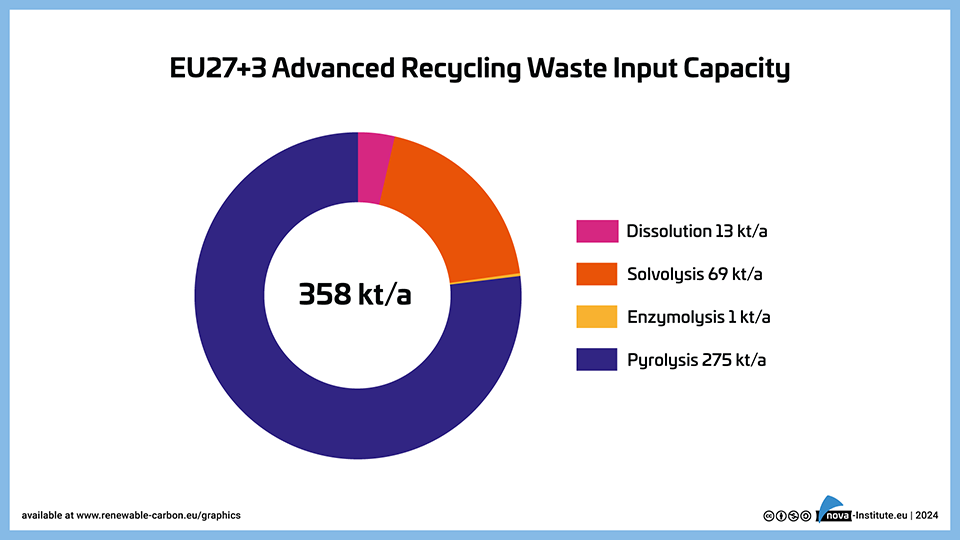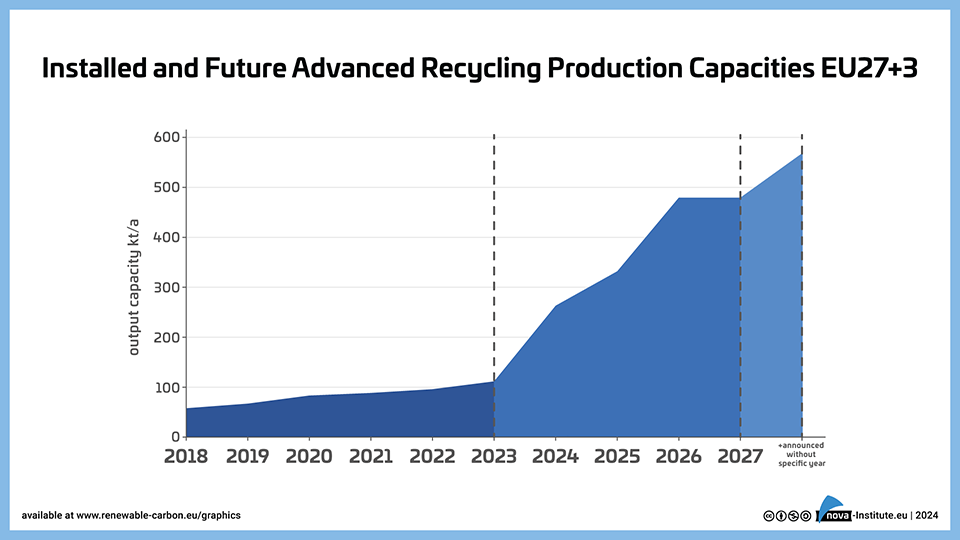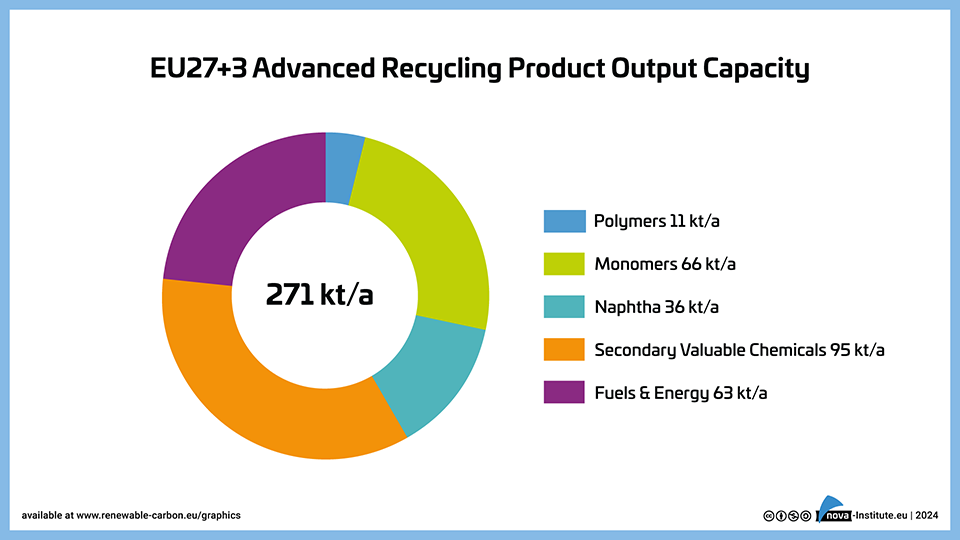Showing 21–40 of 140
-
Advanced Recycling Conference 2024 (Proceedings)
Markets & Economy, Policy, Sustainability & Health, Technology

2024-12
50 € ex. tax
Plus 19% MwSt.Press
release Add to
cartThe proceedings of the Advanced Recycling Conference 2024 (20-21 November, https://advanced-recycling.eu) contain 42 conference presentations, the conference journal, sponsor documents and the press release.
-
Alternatives Naphtha – Den Kreislauf für Kunststoffe und Reifen schließen: Pyrolyseöl als chemischer Rohstoff (Gastbeitrag Teil 3) (PDF)
Markets & Economy, Technology
1 Page
107 Downloads
107 Downloads
2024-11
FREE
107
DownloadsIn den beiden vorangegangenen Artikeln dieser Serie wurde das Konzept des alternativen Naphthas als Ersatz für fossile Rohstoffe in Raffinerien und Steamcrackern vorgestellt. In diesem dritten Artikel konzentriert sich die Diskussion auf Pyrolyseöl, das durch chemisches Recycling von Kunststoffabfällen und Reifen gewonnen wird, und warum dies ein wichtiges „alternatives Naphtha“ für Raffinerien und Steamcracker ist.
Relevante Anteile erneuerbarer Chemikalien und Polymere sind ohne „alternatives Naphtha“ nicht möglich. Ohne eine Abkehr von fossilem Naphtha wird es keine signifikante Defossilisierung des Chemiesektors geben.
Dieser Artikel ist im Rahmen einer Serie von Gastbeiträgen im CHEManager erschienen. Es handelt sich um „Alternatives Naphtha Teil 3“ – aus CHEManager 11/2024.
Hier finden sie den Artikel auch bei CHEManager.
-
290 Downloads
2024-11
FREE
290
DownloadsDas gesamte Spektrum der verfügbaren Recyclingtechnologien, unterteilt nach ihren grundlegenden Funktionsprinzipien und ihren Produkten.
-
751 Downloads
2024-11
FREE
751
DownloadsFull spectrum of available recycling technologies divided by their basic working principles and their products.
-
Alternatives Naphtha – Herstellung und Nutzung – Wie erneuerbare Rohstoffe zu Naphtha verarbeitet werden (Gastbeitrag Teil 2) (PDF)
Markets & Economy, Technology
1 Page
58 Downloads
58 Downloads
2024-10
FREE
58
DownloadsIm ersten Artikel dieser dreiteiligen Serie wurde das Konzept „Alternatives Naphtha“ als Ersatz für fossile Rohstoffe in Raffinerien und Steamcrackern vorgestellt. Relevante Mengen erneuerbarer Chemikalien und Polymere sind ohne alternatives Naphtha nicht realisierbar, eine signifikante Defossilisierung des Chemiesektors erfordert den Verzicht auf fossiles Naphtha. Im zweiten Artikel wird die Herstellung und Nutzung von alternativem Naphtha genauer beleuchtet.
Biobasierte Rohstoffe wie Fette, Öle und Schmierstoffe (Triglyceride) können fossile Erdölrohstoffe ersetzen und in bestehenden Raffinerien mitverarbeitet werden. Dies ist attraktiv, da Raffinerien ohne große Investitionen Biokraftstoffe und biobasierte Grundchemikalien produzieren können. Eine Vorbehandlung der Rohstoffe kann dabei erforderlich sein.
Dieser Artikel ist im Rahmen einer Serie von Gastbeiträgen im CHEManager erschienen. Es handelt sich um „Alternatives Naphtha Teil 2“ – aus CHEManager 10/2024.
-
Forest-Based Biorefineries: Innovative Bio-Based Products for a clean Transition (PDF)
Markets & Economy, Policy, Technology
8 Pages
396 Downloads
396 Downloads
2024-10
FREE
Free Shipping396
DownloadsA new study conducted by the nova-Institute and commissioned by the Confederation of European Paper Industries (Cepi) unveils a significant surge in the European biorefinery sector, with forest-based biorefineries more than doubling their turnover to €6 billion since 2020. This remarkable growth underscores the rising demand for sustainable, bio-based alternatives to fossil-based products.
The research, focused on the pulp and paper industry that produce additional bio-based products which land on the market beyond pulp and paper, identifies a total of 143 biorefineries across Europe, with 126 currently operational and 17 in development. The largest number of biorefineries is in Sweden, Finland, Germany, Portugal and Austria. The study points to a bright future for biorefineries, with projected annual growth rates of up to 5% until 2050.
The products of these biorefineries provide sustainable solutions across various industries, from aviation to fashion, offering alternatives in materials, chemicals, fuels, food, and pharmaceuticals. Importantly, biorefineries contribute to Europe’s climate targets, with bio-based products already substituting over 3.1 megatons of CO2 emissions that would have been produced by fossil-based industries.The study emphasises that these advancements are not replacing traditional pulp and paper-making activities but are creating new revenue streams and increasing resource efficiency, providing a pathway to sustainable economic growth.
-
Die Zukunft des Recyclings gestalten (PDF)
Markets & Economy, Policy, Sustainability & Health, Technology
2 Pages
577 Downloads
577 Downloads
2024-10
FREE
Free Shipping577
DownloadsDie ambitionierten Recyclingziele der EU, die (Selbst-)Verpflichtungen der chemischen Industrie und der Markenhersteller sowie die Anforderungen der Kunden üben einen enormen Entwicklungsdruck auf den Recyclingsektor aus. Einem großen Anteil nicht recycelter Abfallströme stehen die Nachfrage und die Suche nach erneuerbaren Rohstoffen für Chemikalien und Materialien gegenüber. Dies wirft die Frage auf, welche Technologien für welchen Abfallstrom am besten geeignet sind und wie die Umweltauswirkungen zu bewerten sind.
-
Alternatives Naphtha – Erneuerbare Kohlenstoffquellen sollen der Defossilisierung der Chemieindustrie einen Schub verleihen (Gastbeitrag Teil 1) (PDF)
Markets & Economy, Technology
1 Page
52 Downloads
52 Downloads
2024-09
FREE
52
DownloadsFür die Defossilisierung der chemischen Industrie ist es entscheidend, Alternativen zu fossilem Naphtha zu finden. Relevante Anteile erneuerbarer Chemikalien und Polymere sind ohne „alternatives Naphtha“ nicht möglich.
Das Konzept „alternatives Naphtha“ nutzt die bestehende Raffinerie-, Steamcracker- und Chemieindustrieinfrastruktur, in der ein Teil der fossilen Rohstoffe – Rohöl oder fossiles Naphtha – durch erneuerbare Kohlenstoffalternativen ersetzt werden kann, die aus den drei Quellen Biomasse, CO2 und Recycling stammen.
Dieser Artikel ist im Rahmen einer Serie von Gastbeiträgen im CHEManager erschienen. Es handelt sich um „Alternatives Naphtha Teil 1“ – aus CHEManager 09/2024.
Hier finden sie den Artikel auch bei CHEManager.
-
Renewable Carbon Initiative (RCI) Webinar slides – July 2024 (PDF)
Policy, Sustainability & Health, Technology
60 Pages
510 Downloads
510 Downloads
2024-07
FREE
Free Shipping510
DownloadsThis document contains a generic set of slides to introduce the concept of renewable carbon and the Renewable Carbon Initiative. The focus of this webinar is the work and impact of the RCI. Moreover, Arndt Scheidgen, Head of Product Stewardship at Henkel Consumer Brands joined the webinar to give insights as an industry leader.
-
Alternative Naphtha – Technologies and Market, Status and Outlook (PDF)
Markets & Economy, Technology
188 Pages

2024-07
2,500 € – 9,000 €Price range: 2,500 € through 9,000 € ex. tax
Plus 19% MwSt.Select
licenceFor the defossilisation of the chemical industry, it is crucial to find alternatives to fossil-based naphtha. The “alternative naphtha” concept makes use of existing refinery, steam cracking and chemical industry infrastructure where a proportion of fossil-based feedstocks – crude oil or fossil-based naphthas can be replaced by renewable carbon alternatives derived from the three sources of renewable carbon: CO2, biomass and recycling.
This new report by nova-Institute presents an analysis of the routes, associated technologies, market players and volumes by which renewable carbon can be introduced to refinery and steam cracking operations as replacement for fossil based feedstocks.
With 188 pages, 22 tables and illustrated by 48 graphics the report provides a comprehensive view on the growth in capacity for these alternative sources of naphtha as chemical industry feedstock, production routes and the need for “upgrading”, key companies and partnerships and the regulatory environment.
DOI No.: https://doi.org/10.52548/JICP8041
-
Alternative Naphtha – Technologies and Market, Status and Outlook (PDF) – Short Version
Markets & Economy, Technology
20 Pages
1179 Downloads
1179 Downloads
2024-07
FREE
1179
DownloadsFor the defossilisation of the chemical industry, it is crucial to find alternatives to fossil-based naphtha. The “alternative naphtha” concept makes use of existing refinery, steam cracking and chemical industry infrastructure where a proportion of fossil-based feedstocks – crude oil or fossil-based naphthas can be replaced by renewable carbon alternatives derived from the three sources of renewable carbon: CO2, biomass and recycling.
This new report by nova-Institute presents an analysis of the routes, associated technologies, market players and volumes by which renewable carbon can be introduced to refinery and steam cracking operations as replacement for fossil based feedstocks.
With 188 pages, 22 tables and illustrated by 48 graphics the report provides a comprehensive view on the growth in capacity for these alternative sources of naphtha as chemical industry feedstock, production routes and the need for “upgrading”, key companies and partnerships and the regulatory environment.
DOI No.: https://doi.org/10.52548/JICP8041
-
Renewable Materials Conference 2024 (Proceedings, PDF)
Markets & Economy, Policy, Sustainability & Health, Technology

2024-06
200 € ex. tax
Plus 19% MwSt.Press
release Add to
cartThe proceedings of the Renewable Materials Conference 2024 (11-13 June 2024, https://renewable-materials.eu) contain all released presentations, the conference journal, and the press release of the three winners of the Innovation Award “Renewable Material of the Year 2024″.
-
Mass Balance & Attribution With Fuel-use Excluded (PNG)
Markets & Economy, Policy, Sustainability & Health, Technology
1 Page
293 Downloads
293 Downloads
2024-06
FREE
293
DownloadsThe graphic shows the approach of mass balance and attribution with fuel-use excluded which allows to track the fossil and recycled share of feedstock. The recycled content can be attributed to products after deducting lossess and proess energy during production and, if applicable, produced energy carriers (fuel-use excluded). This approach ensures that a transparent amount of fossil feedstock is replaced by recycled feedstock in the production process and that only recycled feedstock that actually ends up in products can be attributed.
-
RCI Position Paper on Chemical and Physical Recycling (PDF)
Policy, Technology
4 Pages
991 Downloads
991 Downloads
2024-05
FREE
Free Shipping991
DownloadsIn this position paper, the RCI describes that chemical and physical recycling play essential roles in realising the objectives of the Green Deal and advancing the circular economy. These technologies are indispensable for the green transition.
This position paper identifies eleven requirements to create secure demand, drive investment and further improve the technology field. These include general acceptance of the technology; mandatory recycled content for all polymers/plastics in all applications; recognition and clarification of rules for the calculation of recycling rates; full acceptance of mass balance & attribution with fuel-use excluded; accelerated approval of new chemical and physical recycling facilities; expansion of recycling infrastructure for all sectors beyond packaging; and the extension of CO2 pricing for waste incineration in the ETS combined with a landfill ban.
Additionally, RCI advocates for a pragmatic approach, emphasising that while closed-loop recycling is a noble goal for sectors such as packaging, textiles and automobiles, it should not be approached too dogmatically. Flexibility is essential to prevent environmental and economic inefficiencies. If the waste stream of one sector can be better used in another, this should be possible.
-
Renewable Carbon Initiative (RCI) Webinar slides – April 2024 (PDF)
Markets & Economy, Policy, Technology
43 Pages
212 Downloads
212 Downloads
2024-05
FREE
Free Shipping212
DownloadsThis document contains a generic set of slides to introduce the concept of renewable carbon and the Renewable Carbon Initiative. The focus of this webinar was the upcoming position paper on Chemical and Physical Recycling.
-
CO2-based Fuels and Chemicals Conference 2024 (Proceedings, PDF)
Markets & Economy, Policy, Sustainability & Health, Technology

2024-05
50 € ex. tax
Plus 19% MwSt.Press
release Add to
cartThe proceedings of the CO2-based Fuels and Chemicals Conference 2024 (17-18 April 2024, https://co2-chemistry.eu) contain all released presentations, the conference journal, and the press release of the three winners of the Innovation Award “Best CO2 Utilisation 2024″.
-
Cellulose Fibres Conference 2024 (Proceedings, PDF)
Markets & Economy, Policy, Sustainability & Health, Technology

2024-04
50 € ex. tax
Plus 19% MwSt.Press
release Add to
cartThe conference covered the entire value chain, from lignocellulose, chemical pulp, cellulose fibres such as rayon, viscose, modal or lyocell and new developments to a wide range of applications:
Textiles from renewable fibres, non-wovens such as wet wipes as well as new areas such as composites, hygiene, packaging or nanocellulose in the food industry. The conference offered deep insights into the promising future of cellulose fibres, which perfectly fits the current trends of circular economy, recycling and sustainable carbon cycles.The Cellulose Fibres Conference Proceedings (https://cellulose-fibres.eu, 13-14 March 2024, Cologne, hybrid) include all released conference presentations, the conference journal, sponsor documents, a Fiber2Fashion Knowledgepaper and the conference press release.
-
EU27+3 Advanced Recycling Waste Input Capacity (PNG)
Markets & Economy, Technology
1 Page
139 Downloads
139 Downloads
2024-03
FREE
139
DownloadsInstalled input capacities for different advanced recycling technologies in EU27+3.
-
Installed and Future Advanced Recycling Production Capacities EU 27+3 (PNG)
Markets & Economy, Technology
1 Page
182 Downloads
182 Downloads
2024-03
FREE
182
DownloadsInstalled and future production capacities of naphtha, monomers and polymers through advanced recycling in the EU27+3.
-
EU27+3 Advanced Recycling Product Output Capacity (PNG)
Markets & Economy, Technology
1 Page
136 Downloads
136 Downloads
2024-03
FREE
136
Downloads


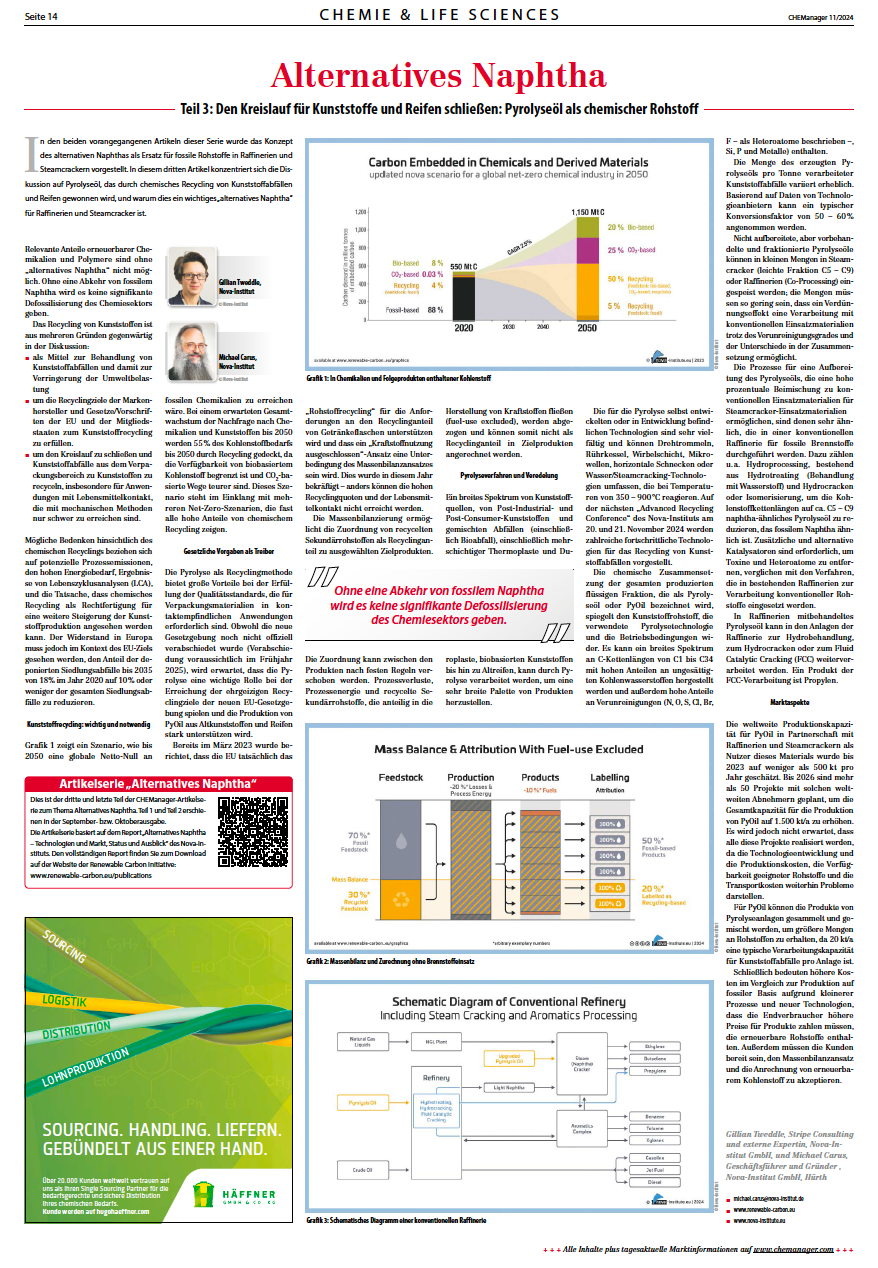
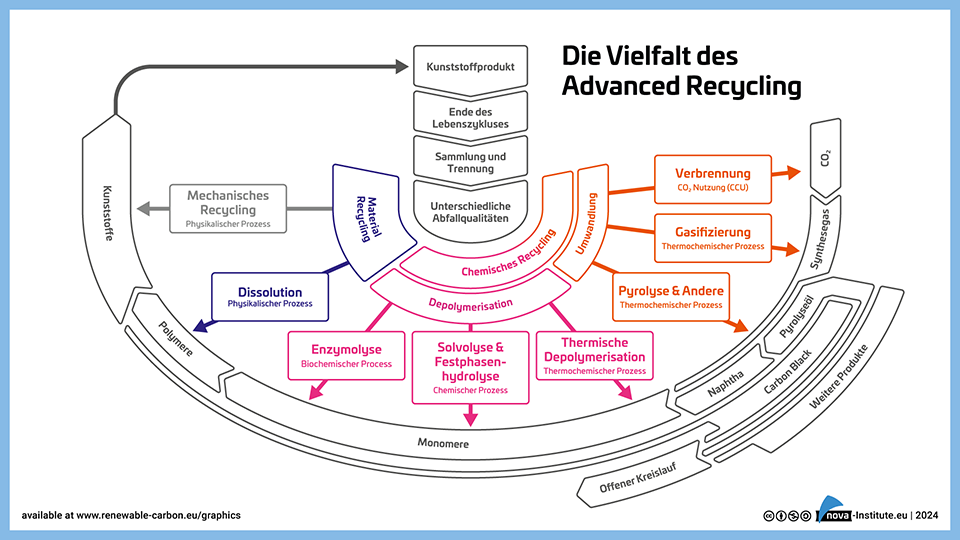
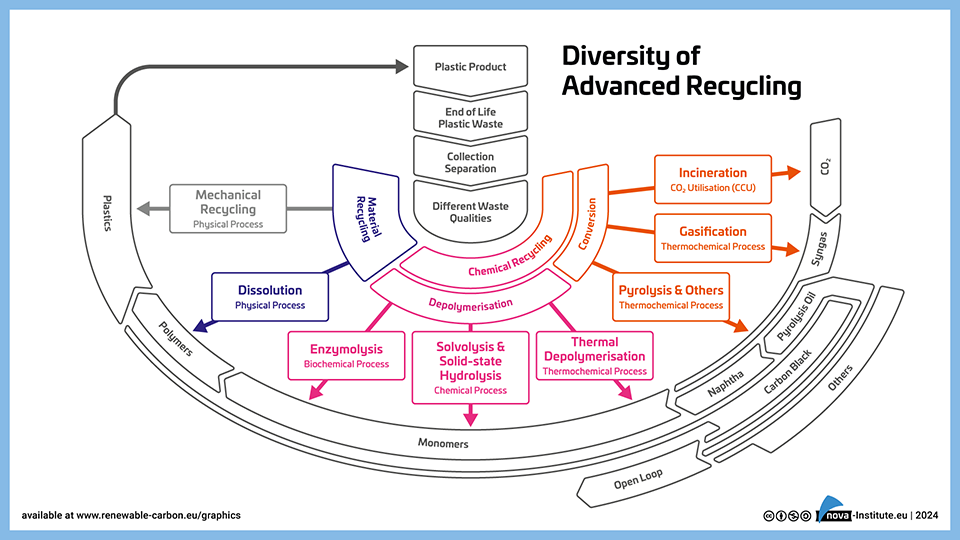
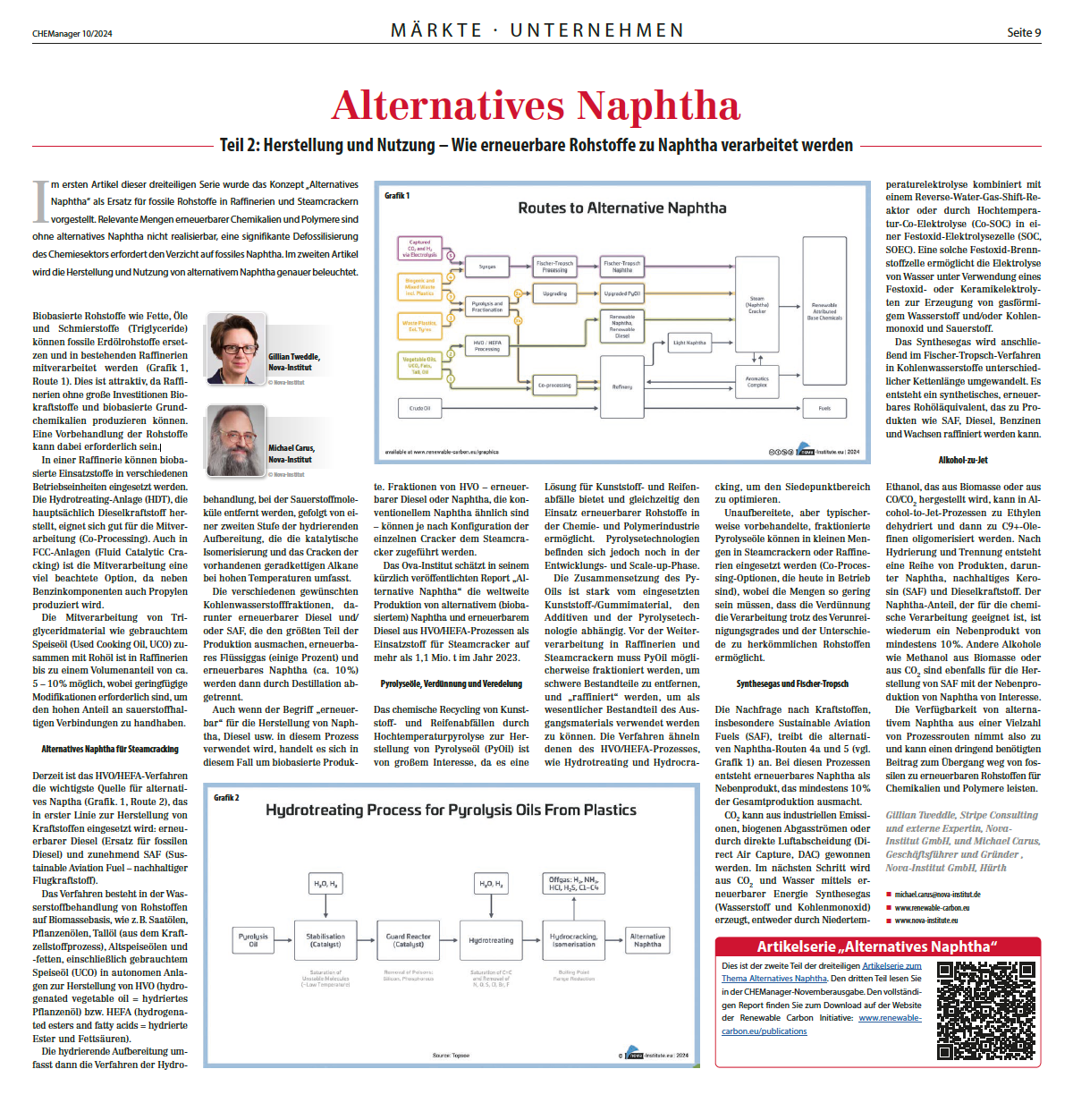
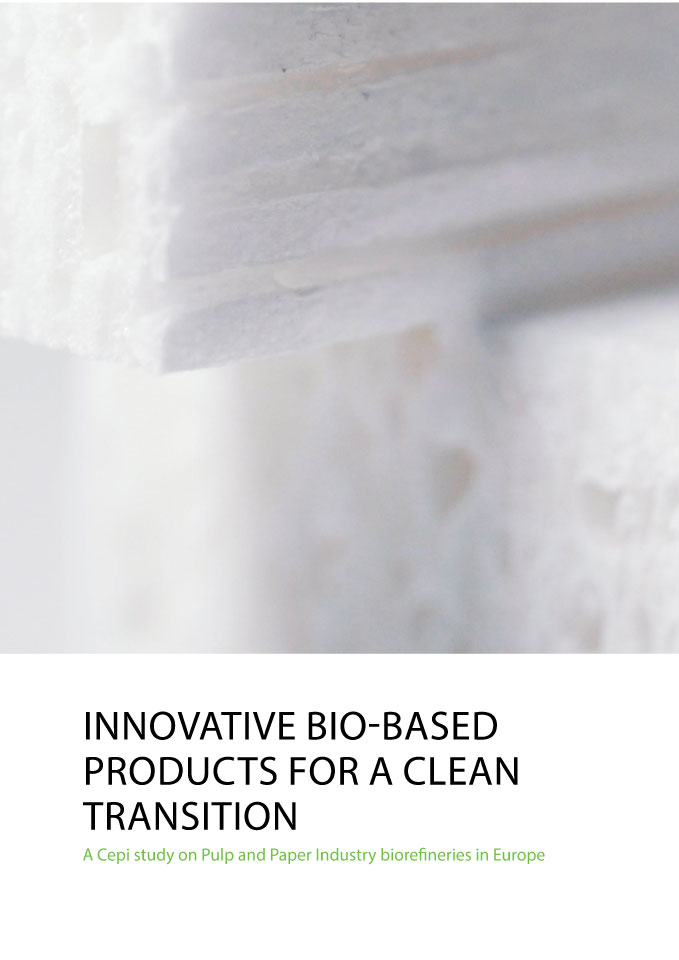
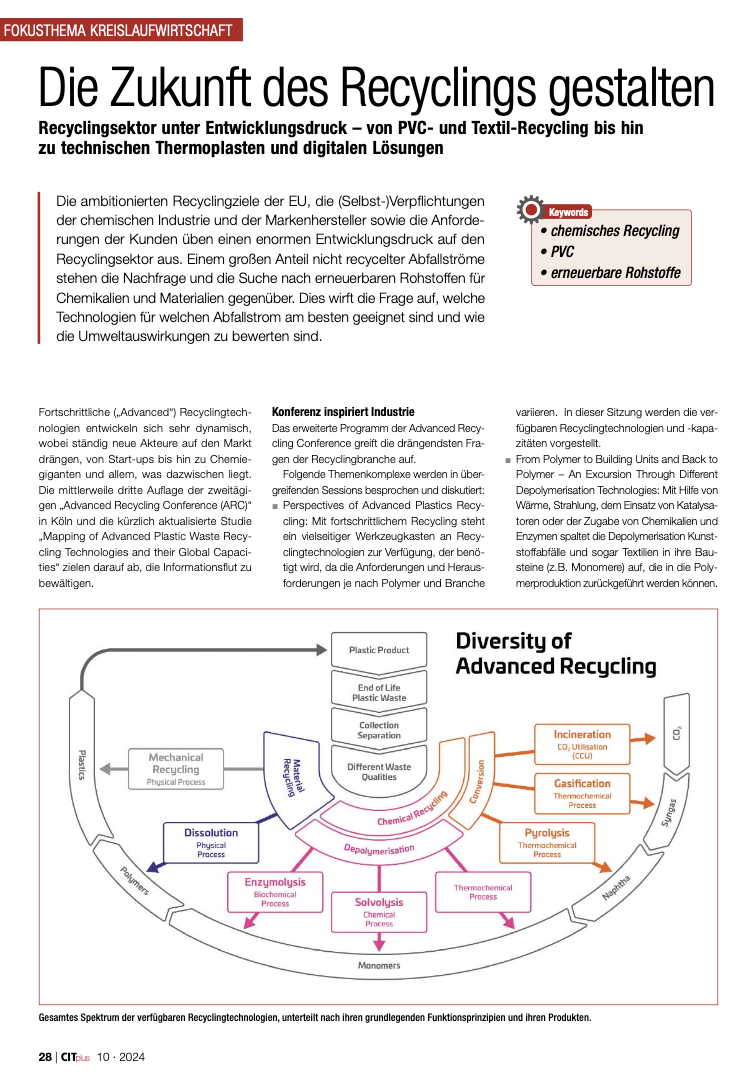
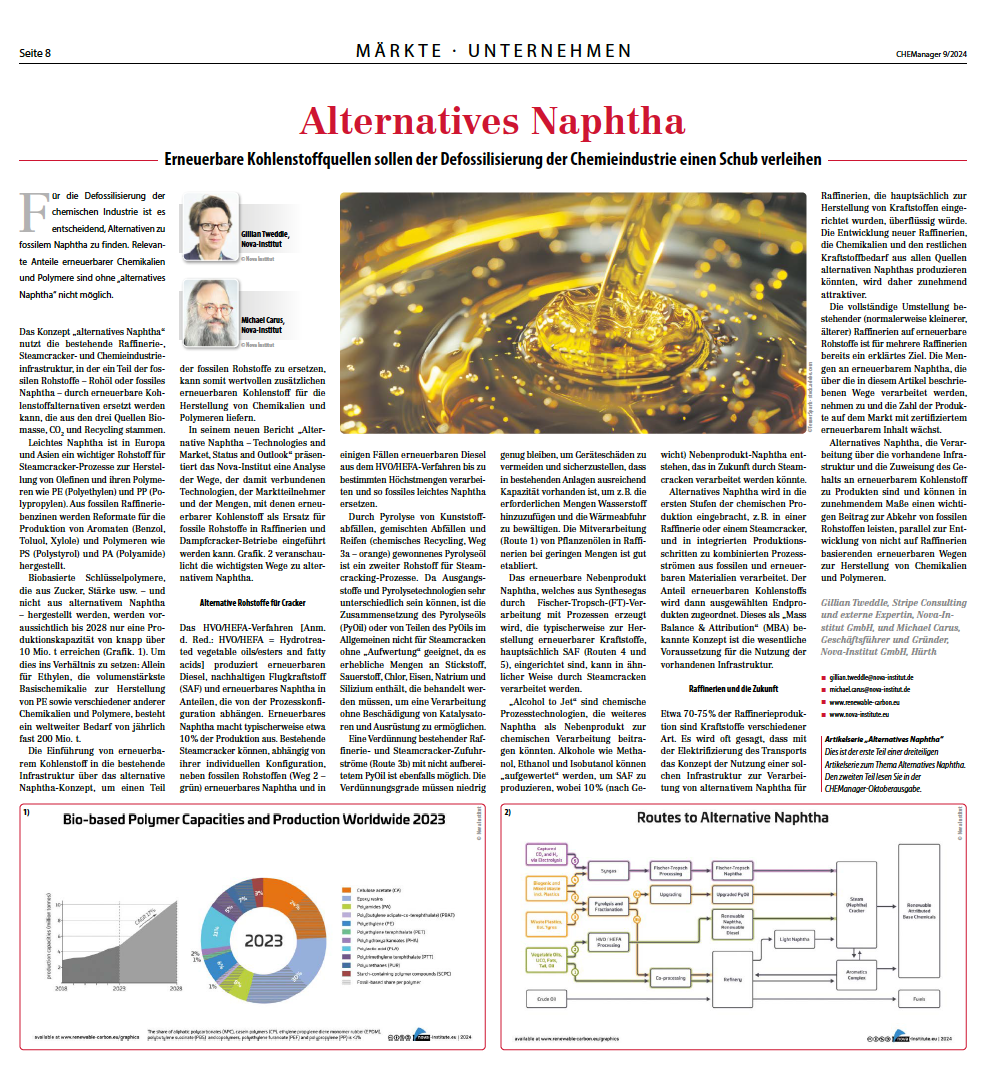
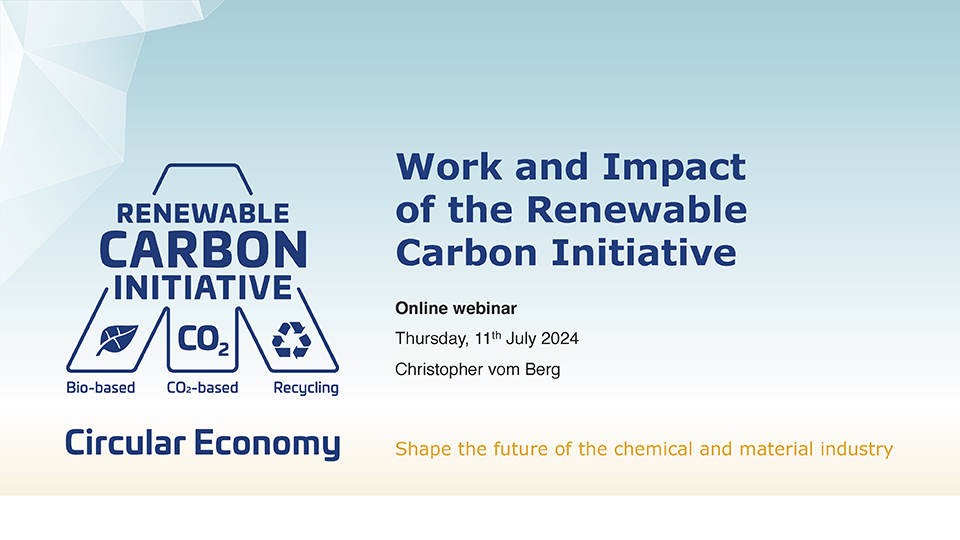
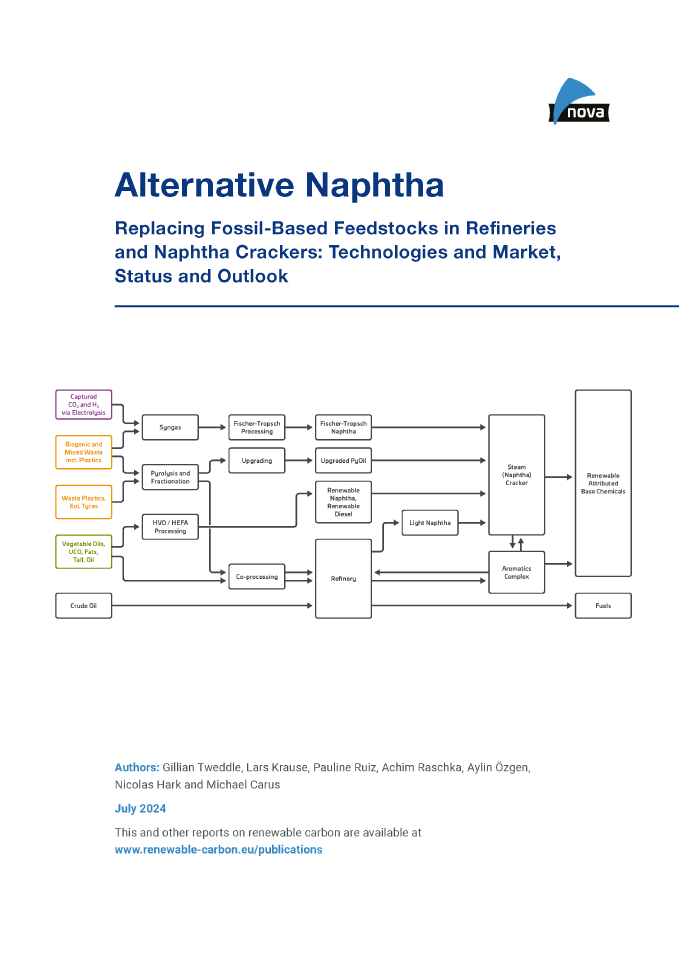
![Renewable Materials Conference 2024 (Proceedings, PDF) [Digital]](https://renewable-carbon.eu/publications/wp-content/uploads/2020/05/21-01-07_RC-Publications-Cover-Proceedings_RMC-100x141.png)
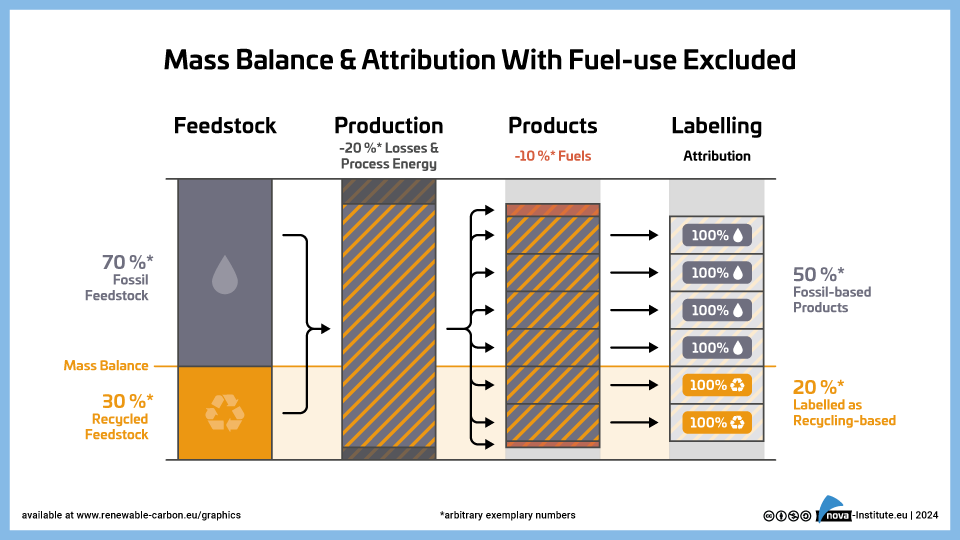
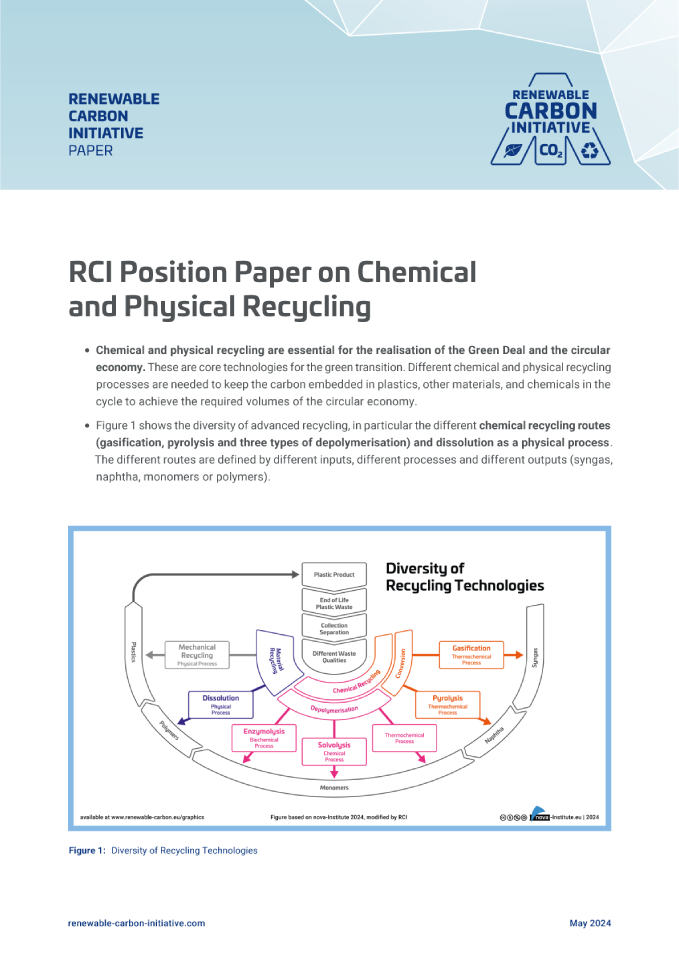
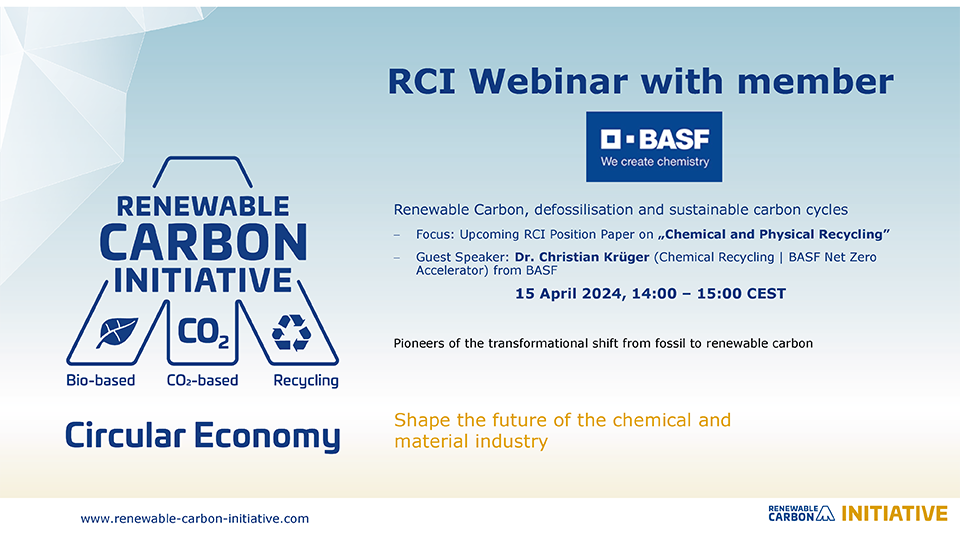
![CO2-based Fuels and Chemicals Conference 2024 (Proceedings, PDF) [Digital]](https://renewable-carbon.eu/publications/wp-content/uploads/2020/05/21-01-07_RC-Publications-Cover-Proceedings_CO2-based-100x141.png)
![Cellulose Fibres Conference 2024 (Proceedings, PDF) [Digital]](https://renewable-carbon.eu/publications/wp-content/uploads/2020/05/21-01-07_RC-Publications-Cover-Proceedings_Cellulose-Fibres-100x141.png)
